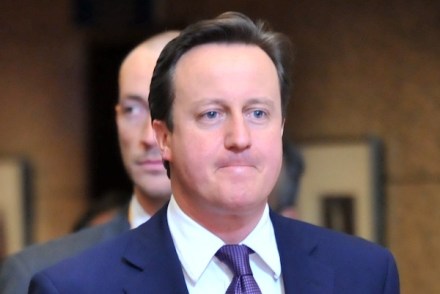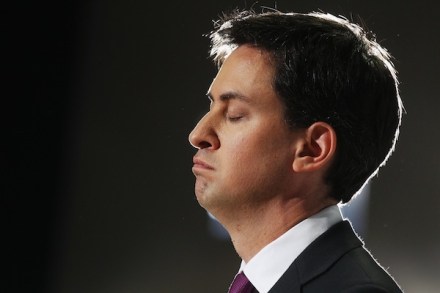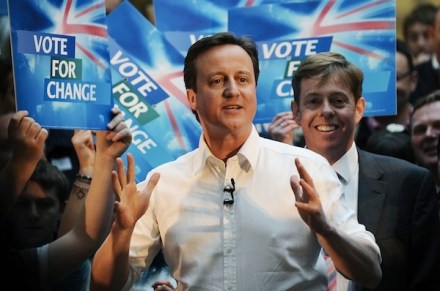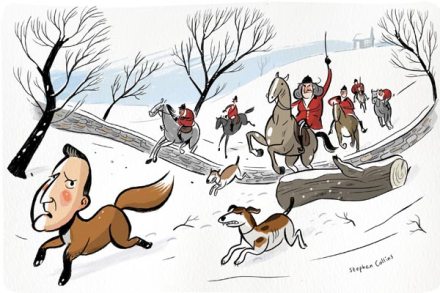The View from 22 — Britain’s accidental EU exit?
We’re delighted to be back with a bang for the first Spectator podcast of 2013. This week, our political editor James Forsyth discusses David Cameron’s long-delayed speech on Europe with Mats Peerson, director of the Open Europe think tank. Will the Prime Minister manage to keep his party together over a renegotiation? Will Angela Merkel come to Cameron’s rescue and what will the City make of his stance? The Spectator’s editor Fraser Nelson looks at why the coalition mid-term review is a waste of time, while our panel agree that David Milliband’s influence in the Labour Party is completely overrated. And what will happen to Rupert Murdoch’s reforming plans for





















